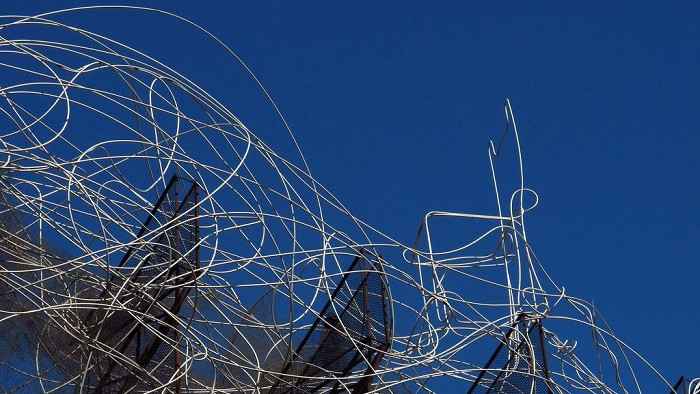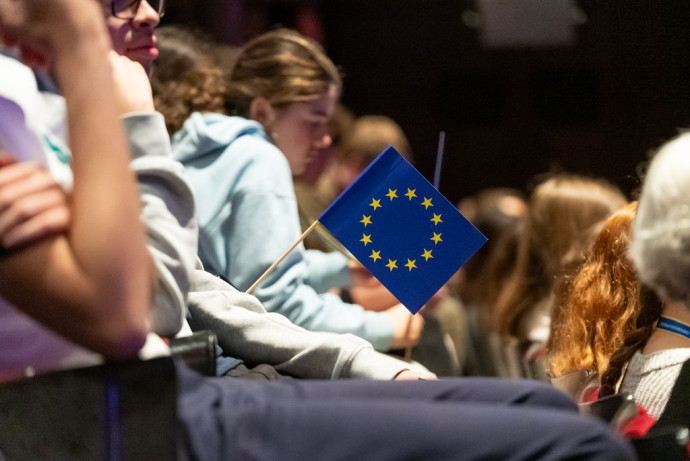ITINERARY. Names
The Biennial of Thought does not usually focus excessively on personalization; it emphasizes voices characterized much more by their expertise than by their media profile. The main protagonist of the sessions is the topic itself, its approach, and the public conversation it generates. However, some activities center their main interest and capacity for attraction on specific names, whether they are historical figures or prominent individuals in today's world.
In the first case, concerning proposals that develop around a personality of historical significance, we have the opportunity to still be within the centenary celebrations of Antoni Tàpies. Thus, his pivotal figure will be addressed by artists Perejaume and David Bestué, along with curator and researcher Joana Hurtado in Tàpies and the ideals of modernity, where they will discuss his legacy and the ambivalences of his work.
From a key figure in the visual arts to one in cinema: Agnès Varda was a filmmaker with an unusual ability to influence, going beyond mere language. Her resistance to falling into categorization and the magnetism she continues to exert as a model of authorship from a female perspective will surely be among the celebrated aspects in The heirs of Varda, a conversation moderated by Mariona Borrull with filmmakers Carla Simón and Audrey Diwan.
Another anniversary gives us the chance to revisit Kant. Not only to revisit him but to Understanding Kant once and for all. With Miquel Seguró Mendlewicz and expert Begoña Román on hand, accessible keys will be offered to grasp his essential ideas, including a glance at his more controversial aspects and, of course, his relevance for today's and tomorrow's world.
When it comes to names that might attract due to their physical presence in the city, it's impossible to overlook a Nobel Prize in Literature. If two years ago Svetlana Alexievich raised enormous expectations, this time it will be Herta Müller—awarded in 2009—who will open the doors to her literary universe and push us to reflect on the roots of violence, especially in Europe. On the talk Liberating voices she will explain these forms of violence, bringing us a step closer to healing.
On a completely different note and on a more local scale, despite their notable international projection, the name Tarta Relena will attract attention as they close the first day of the Biennial by debuting three songs from their highly anticipated new album, És pregunta. This will be part of the performance titled Song, sea and destiny, featuring pieces linked to Mediterranean tradition while, as always with them, intertwined with experimentation.
And at +Biennial…
The Goethe-Institut Barcelona also joins the tricentennial celebration of Immanuel Kant's birth, and they do not hold back. Up to three complementary debates surrounding the philosopher's legacy, all under the common title Education for Freedom, will be held at the Ateneu Barcelonès. Education towards maturity, Education for morality, and Education for democracy are the titles of each specific session, a triptych that brings together voices from various backgrounds such as Barbara Bleisch, Thomas Sturm, Sabine Döring, Martin Sticker, José Luis Martí, and Francis Chevenal.





